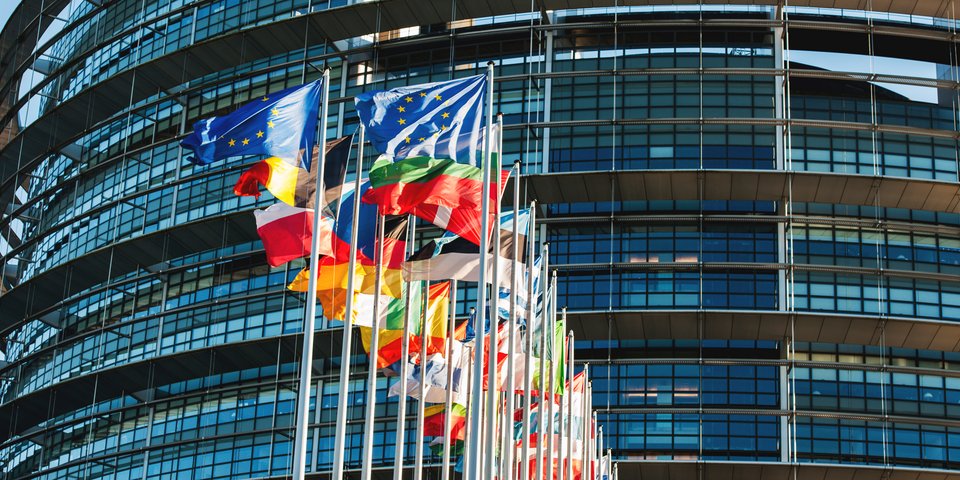 AdrianHancu
AdrianHancuNew ways for legal labour migration
Easing of cross-border employment is being planned.
KL – 05/2021
An unsolicited report on new ways of legal labour migration
was presented and discussed by MEP Sylvie Guillaume (S&D, FR) in the
European Parliament's Committee on Civil Liberties, Justice and Home Affairs on
April 26, 2021. The Committee's resolution makes a number of requests and
recommendations for appropriate measures for simplifying and harmonising the
existing legal framework for labour migration.
Improvements for pan-EU mobility
The Committee calls on the member states to
improve coordination between national authorities in relation to the mobility
of third-country nationals within the EU. The EC should propose rules for
supplementing the rights to pan-EU mobility in the existing directives covering
legal migration.
Establishing a talent pool
The establishment of a talent pool and
matching platform across all employment sectors is intended to selectively
bring employers and potential employees together. Another sphere of action is
simplifying the assessing, mutual recognition and certification of professional
qualifications.
Strengthening relations with third countries and improving legal migration channels
The Committee’s view is that EU legislation
on legal labour migration is a patchwork of different rules and regulations.
Therefore, the existing EU framework is unclear for third country nationals as
well as for member states themselves. This should be remedied by a
comprehensive EU-wide framework that allows legal and safe routes for
work-related migration. This is also intended to counter the criminal practices
of human smugglers and traffickers.
Further development of the EU’s legal framework
In addition to the further development of
the legal framework, the EC is also tasked with reviewing existing labour
migration programmes and setting up an EU-wide programme for the cross-border
activities of self-employed persons, entrepreneurs and start-ups.
Why more improvements for legal labour migration?
In the Committee's view, various factors
and developments call for action by the EU’s policy makers. One of these
factors is the progressive ageing of the population within the EU. Irrespective of the
fact that the member states themselves decide how many people from third
countries are allowed to enter, legal labour migration could better fill the
demographically emerging gaps in the labour market and boost the economy as a
whole. In addition, the exploitation of migrant workers, including
third-country nationals coming to the EU as well as EU citizens moving to
another member state, should be combated more effectively. Finally, another
important objective is to make the EU labour market more attractive to
specialists with sought-after skills and talents.
